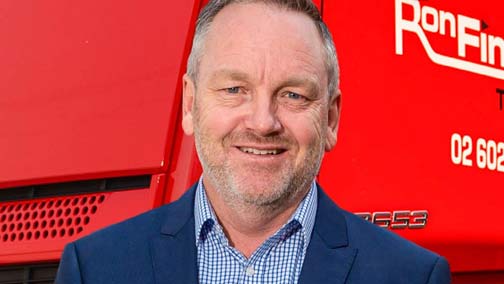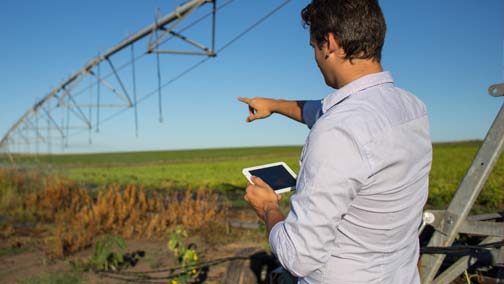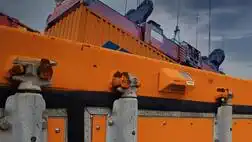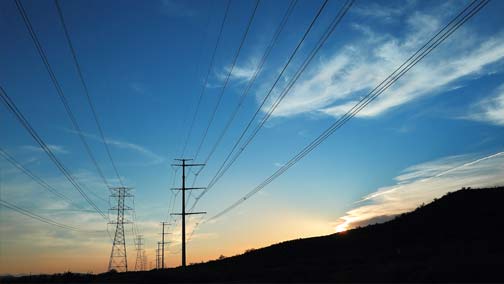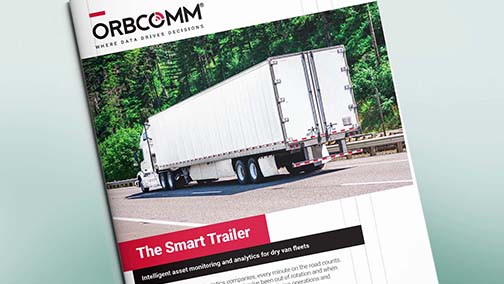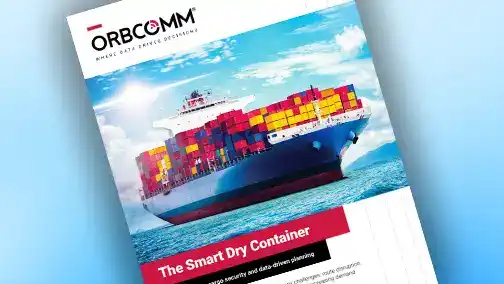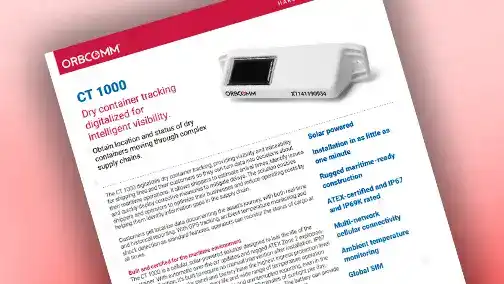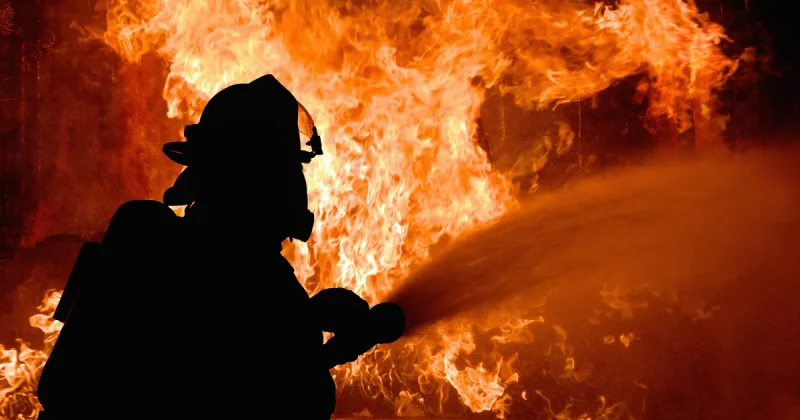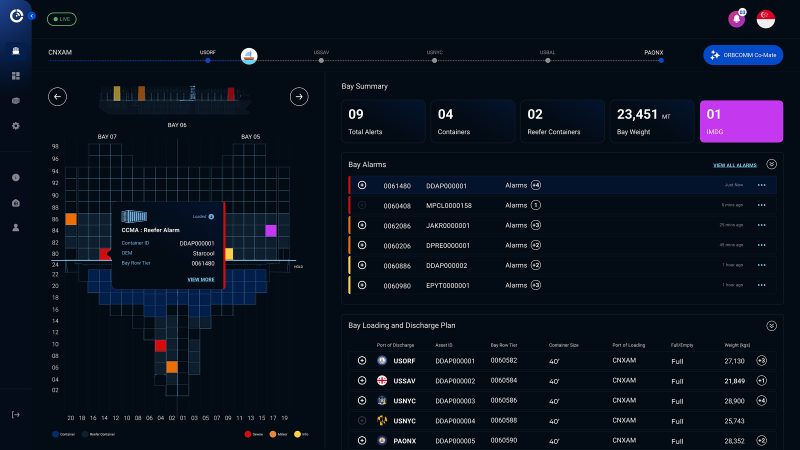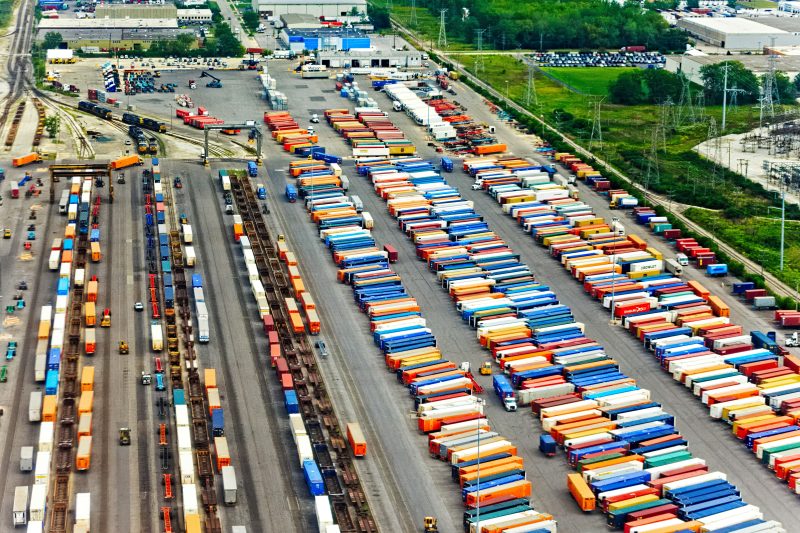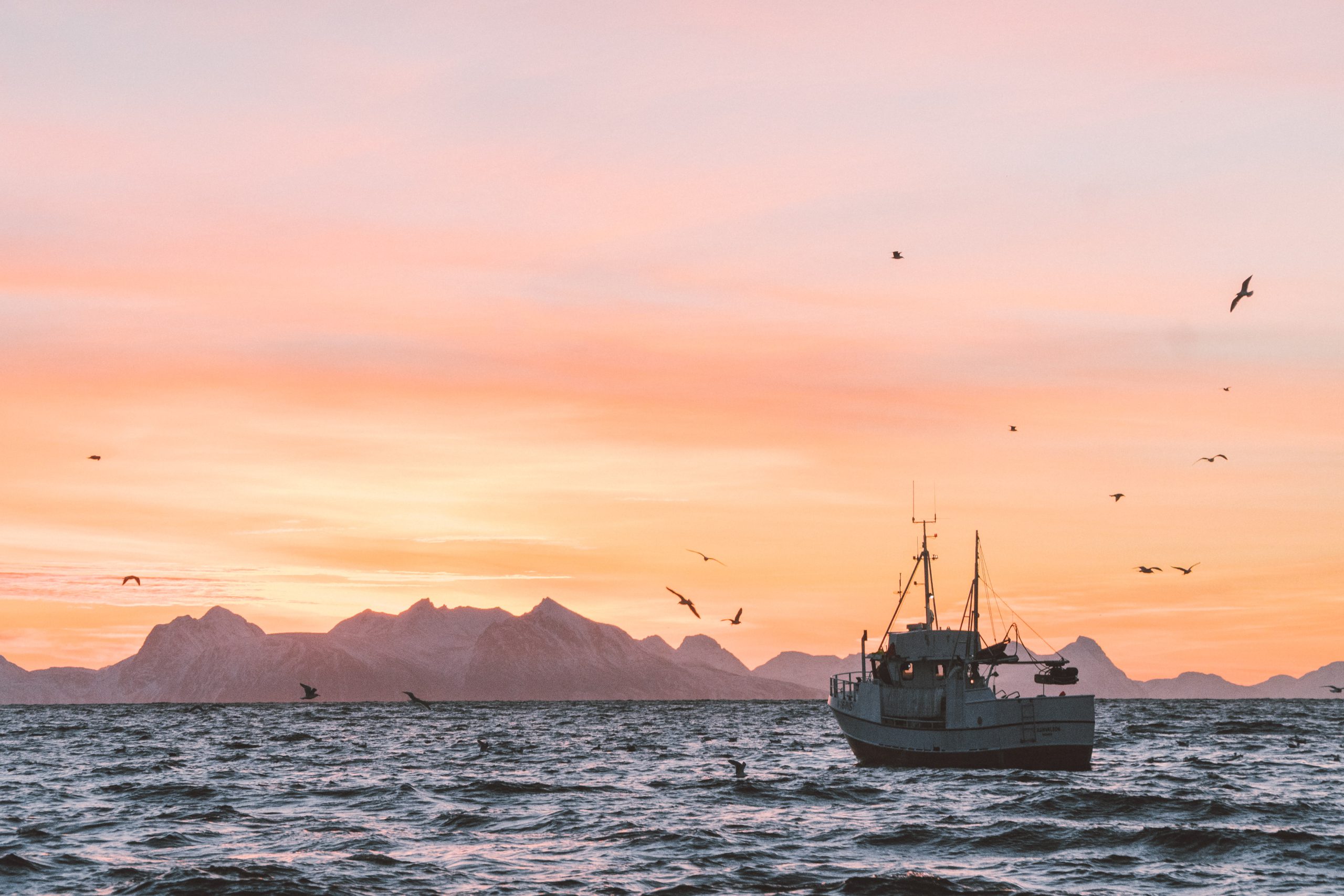
The Cape Town Agreement: A call for safer fishing
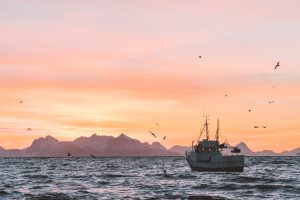
The clock is counting down to the ratification of International Maritime Organization’s (IMO) latest measure to improve safety standards and practices on more than 64,000 fishing vessels over 24 metres in length worldwide. In 2019, more than 50 IMO Member States committed to ratify the 2012 Cape Town Agreement (CTA) by 11 October 2022. It is a call to action that ORBCOMM can stand behind. The agreement will boost safety standards by facilitating better control of fishing vessel safety by flag and port states in coastal countries. The new standards will also contribute to the fight against illegal, unreported and unregulated (IUU) fishing and prevent marine plastic pollution from abandoned fishing nets and other equipment.
The CTA will bring minimum standards for construction and maintenance of vessels, as well as for safety equipment including navigation, communications and life-saving appliances. Through its extensive work with fishing vessel operators, ORBCOMM is playing its own role in driving up safety in one of the world’s most dangerous occupations.
Indonesia and Thailand are two countries where ORBCOMM’s satellite vessel tracking solutions are helping to improve safety and reduce IUU fishing. Both countries are vital to satisfying the world’s growing appetite for fish and seafood. But with millions of small vessels often operating out of view from shore—many literally under the radar—the scene is set for illegitimate activity.
Harmonizing global standards for larger vessels under the CTA will hopefully help reduce horrors that range from illegal fishing and overfishing to drug trafficking and slavery. Vessel tracking regulations are an important element, offering greater visibility over fleets, making crime harder to conceal and improving safety for ship owners.
Since 2008, the Indonesian Ministry of Marine Affairs and Fisheries has required all vessels over 30 gross tonnes to be equipped with a Vessel Monitoring System (VMS), allowing the country’s maritime authority to track vessel movements. ORBCOMM serves the market through its value-added reseller, PT Megah Surya Persada (MSP), which uses ORBCOMM’s satellite terminals to create a range of VMS devices that are leased to the fishing community.
Thailand followed Indonesia’s example in 2015, driven primarily by the need to better regulate access to fishing grounds and clamp down on unauthorized fishing inside and outside of Thai waters. Satellite communications specialist ETNECA turned to ORBCOMM to create a VMS solution for the Thai fishing fleet that met local regulatory requirements.
ETNECA deployed ORBCOMM’s satellite terminals to provide full visibility of fishing operations and access to vessel data including position, course and speed as well as catch report, regardless of vessel location.
The 2012 Cape Town Agreement could play an important role in ensuring such regulations are globally harmonized for a significant part of the fishing fleet. Across the world, ORBCOMM and its partners stand ready to support safe and sustainable practices in this crucial link in the global food supply chain.
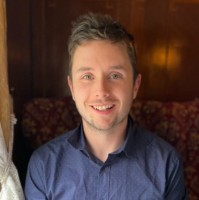
Cody Lirette is Senior Content Marketing Manager at ORBCOMM. With over a decade of marketing and communications experience for both the public and private sector, he uses his passion for innovative technology and plain language to build compelling content that inspires action.



